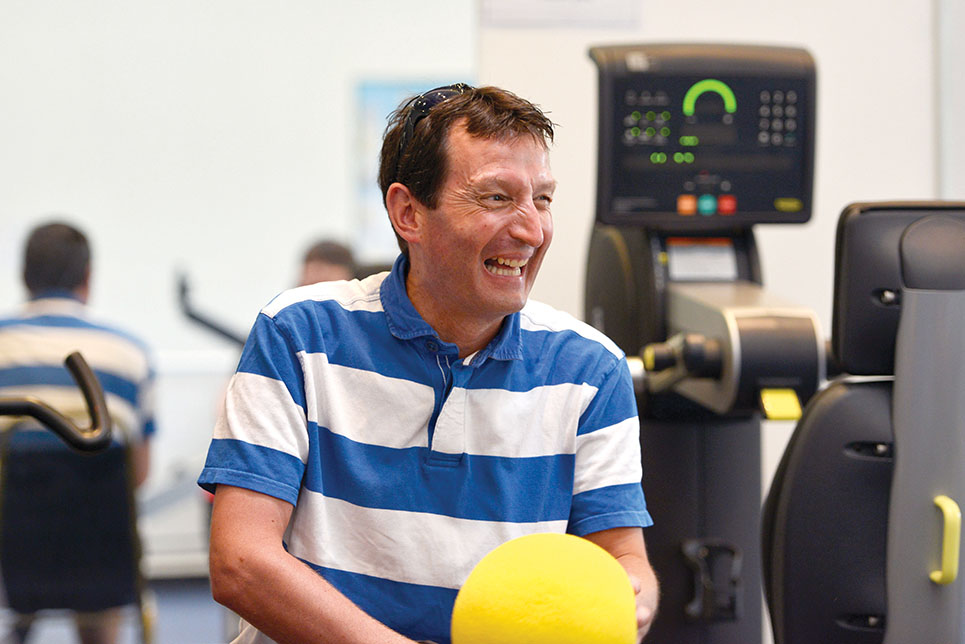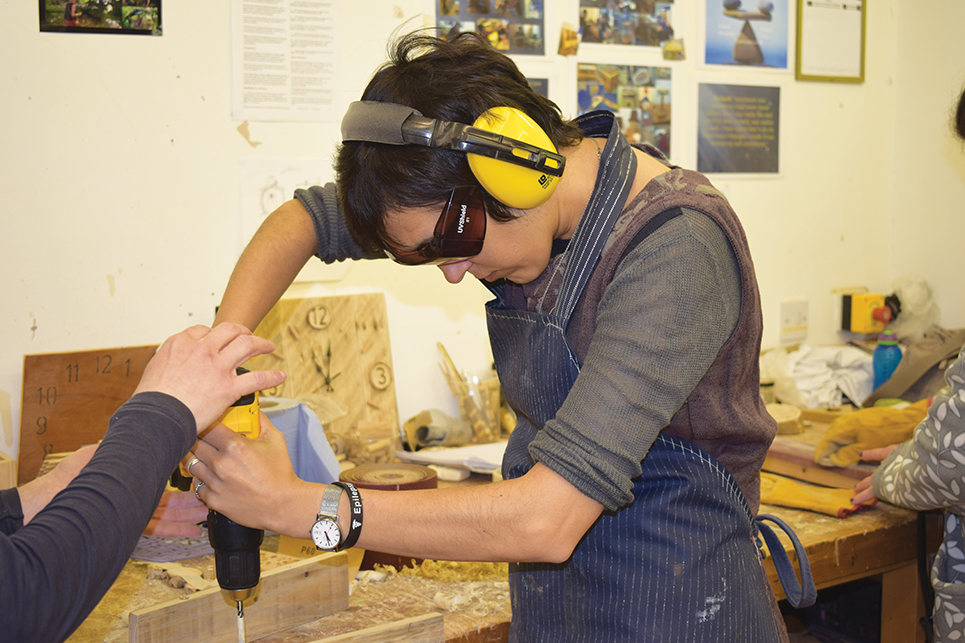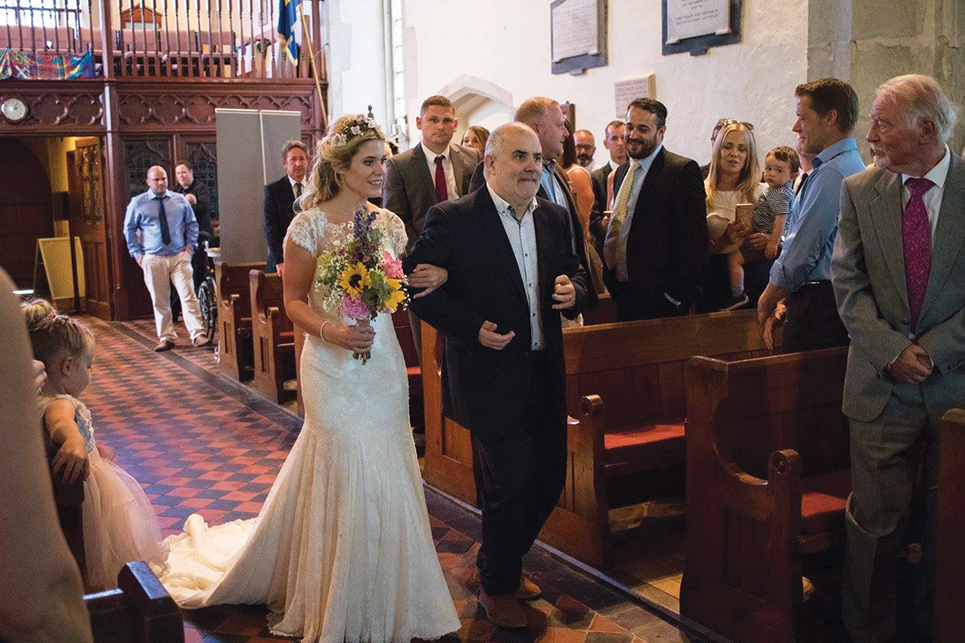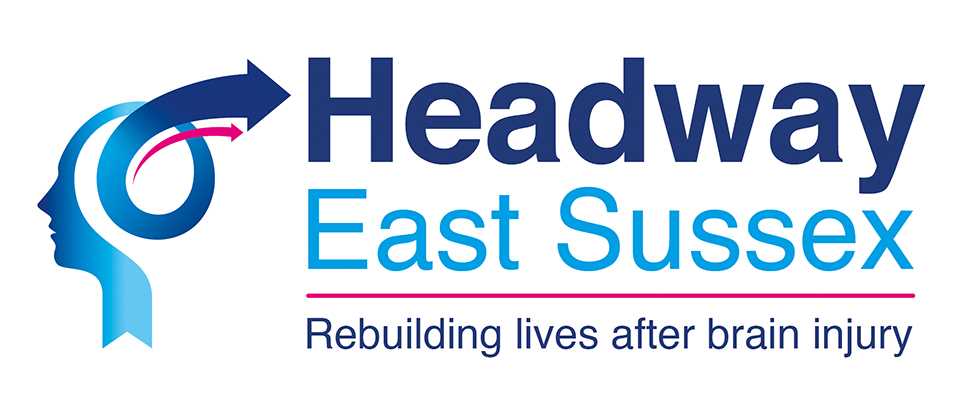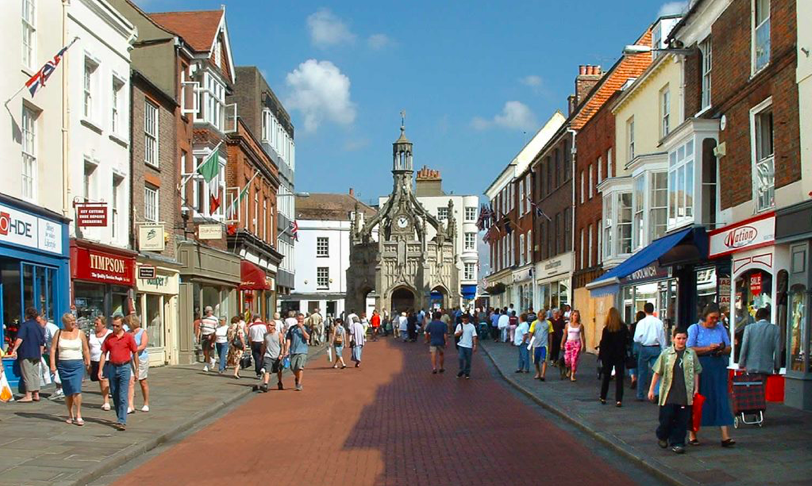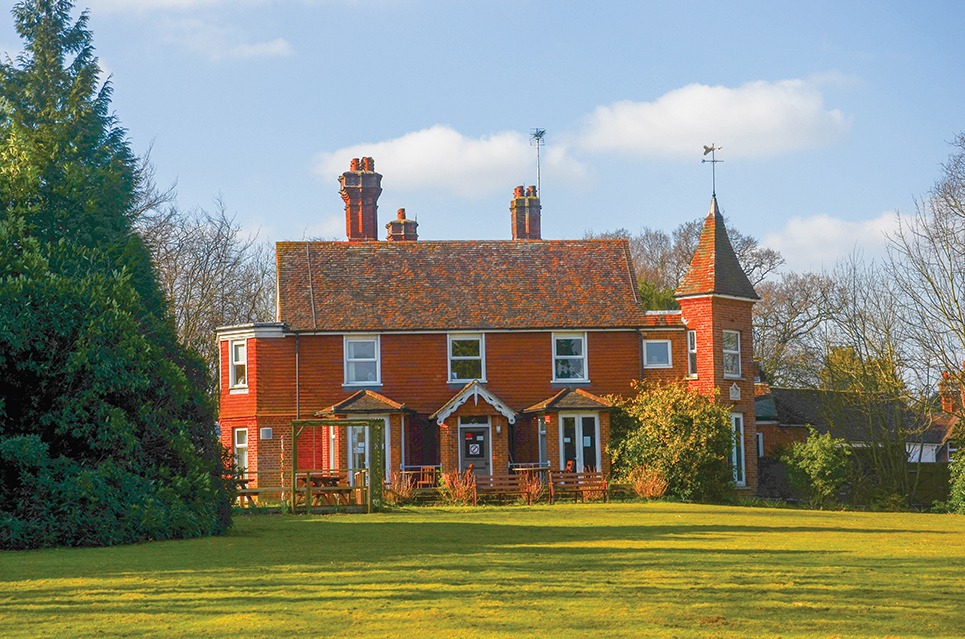
Could you describe what a brain injury is? Or more importantly how it can affect someone? If the answer’s no, then you’re not alone.
The reality is that you’re likely to know someone who has had a stroke, been in a car accident and suffered a head injury, or had concussion from a sporting injury, but what you may not know is that all of these things can leave someone living with the residual symptoms of a brain injury.
Brain injury can happen to anyone, at any age, in any state of health and its residual symptoms can last a lifetime. The causes, be they natural or accidental, can be just as varied. Natural causes include stroke, aneurysms and tumours. Traumatic brain incidents can be the result of road traffic accidents, falls, assaults or sporting injuries while gradual damage through drug or alcohol misuse can also cause long-term injury to the brain.
The effects are lifelong and can include:
Anxiety, depression and difficulty controlling anger
Changes in behaviour which may include inappropriate behaviour
Memory and concentration problems making planning and executing even the simplest tasks difficult
Physical disability leading to difficulties with mobility, gross and fine motor skills
Extreme fatigue making returning to work challenging
Loss of senses such as sight, hearing or smell
Communication problems, physical in the form of speech production or cognitive in the form of finding the correct words
Relationship issues arising from the effects sustained from brain injury
The residual cognitive and psychological symptoms mean people with a brain injury are regularly seen as being drunk, drugged, inappropriately behaved or mentally ill which is why it is often known as the ‘hidden disability’. There is no way to ‘fix’ a brain injury, but with the right support, survivors can learn to adapt and live enjoyable and successful lives.
In 2018, Headway East Sussex is celebrating its 30th anniversary; the charity has come a long way in 30 years. What originally started as a support group set up by five families affected by brain injury, has now developed into a charity with a modern day centre set in beautiful grounds in Newick, East Sussex. Today, Headway East Sussex offers tailored rehabilitation and reablement programmes and community outreach support, as well as a variety of advice and support services to those affected across East Sussex, including Brighton and Hove and the West Sussex border.
Our Services
Headway East Sussex aims to support survivors and families at every stage of their recovery journey.
The advice and support team provides reassurance through emotional support, practical advice, monthly evening support groups and a specialist counselling service, which offers up to 24 weeks of counselling to both individuals and their families.
Rehabilitation, reablement and respite services are provided at the centre in Newick or in a person’s own home and community. There are excellent facilities for many activities including woodwork, pottery and art, and a fully equipped gym where the health and well-being programme runs, focusing on physical rehabilitation and maintenance of function. The gym is complemented by therapies such as yoga, pilates and Tai Chi. Our outreach service provides nearly 200 hours a week of support to individuals in their homes, enabling them to rebuild their lives in the community. Here the support can involve shopping, using public transport and accessing public facilities.
The user-led Rediscover group enables survivors to increase their understanding of brain injury, share personal experiences, learn to cope with specific symptoms and rebuild their confidence.
Clifford’s Story
In June 2002, Clifford suffered a major heart attack and subsequent hypoxic brain injury leaving him severely disabled. With two young children to support, Clifford’s brain injury had a devastating impact on his wife and family. Clifford attends our day service where he particularly enjoys using the gym to strengthen his muscles and improve his cardiovascular fitness.
The gym sessions have increased Clifford’s confidence with functional activities like managing the stairs and moving around his home and despite it being many years since his brain injury, he continues to make progress. Clifford’s goal was to return to playing golf and therefore the focus in his gym sessions has been on core strength and stability and practising hitting golf balls across the grounds at Headway East Sussex.
In 2017, Clifford reached another goal when he walked his daughter down the aisle at her wedding.
Headway East Sussex provides a range of free of charge support and subsidises-funded core services through a regular focus on fundraising and promotional activities.
Wendy Pengelly, Director of Finance and Business Development, commented: “Like many charities we have been affected by statutory cutbacks but we are positive about the future. We need to raise £80,000 p.a. just to stand still but standing still is not our style. We want to expand our Hospital Liaison team, who provide direction and support in the Princess Royal Hospital, Haywards Heath and cover all the hospitals in our region to ensure everyone has access to our help when they have someone they love in hospital following a brain injury."
For more information visit www.headwayeastsussex.org.uk or email Wendy on wendy.pengelly@headwayeastsussex.org.uk
Facebook: Headway East Sussex Twitter @HeadwayESussex Instagram: headscape101


